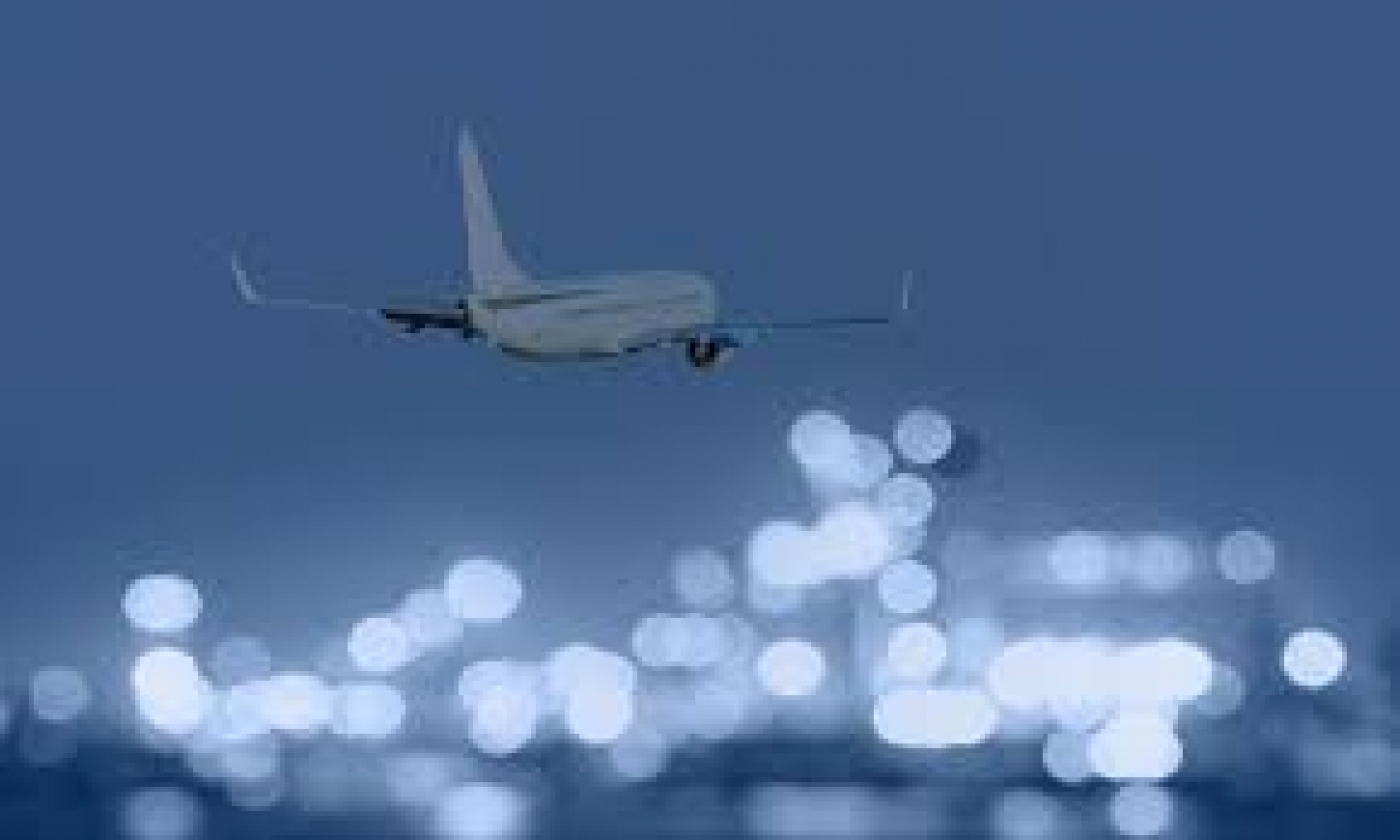Published in the journal of Environmental Health Perspectives, the study discovered that people who were exposed to aeroplane noise at levels as low as 45 dB were more likely to sleep less than seven hours per night. The dB (decibel units) is used to measure noise levels and intensity.
According to the researchers, many people are not aware of the health risk of aircraft noise.
The researchers stated that most adults need seven to nine hours of sleep each night for healthy functioning.
They explained, “Sleep is essential to overall health and well-being, including daily physical and mental functioning, and a lack of adequate sleep can lead to increased risks of cardiovascular disease, depression, diabetes, cancer, and numerous other health conditions.
“This study is the first large-scale analysis of aircraft noise and sleep duration that accounts for the disruptive effects of multiple environmental exposures in communities, such as greenery and light at night.
“Despite how common exposure to noise from aircraft is for many people, little is known about the health effects of aircraft noise.
The study lead author Matthew Bozigar, assistant professor of epidemiology, and study senior author Junenette Peters, associate professor of environmental health at the university said, “This study helps us understand the potential health pathways by which aircraft noise may act, such as through disrupted sleep. “
Bozigar and colleagues examined aeroplane noise exposure and self-reported sleep disturbance among more than 35,000 participants living around 90 of the major US airports.
The participants were selected from the Nurses’ Health Study, an ongoing, prospective study of US female nurses who have completed biennial questionnaires since 1976.
The team examined aircraft noise levels every five years from 1995 to 2015, focusing on two measurements: a nighttime estimate (Lnight) that captures aeroplane noise occurring when people sleep, and a day-night estimate (DNL) that captures the average noise level over 24 hours and applies a 10 dB adjustment for aircraft noise occurring at night when background noise is low.
Giving insight into the study, Bozigar said, “After accounting for a range of factors, including demographics, health behaviours, comorbidities, and environmental exposures such as greenery and light at night, the results showed that the odds of sleeping less than seven hours rose as aeroplane noise exposure increased.
“We found surprisingly strong relationships for particular subgroups that we are still trying to understand. For instance, there was a relatively strong signal between aircraft noise and both dimensions of disrupted sleep, short sleep duration and poor sleep quality, near major cargo airports.
“There is likely more going on to this story, as cargo operations tend to use larger, older, heavily laden, and therefore noisier aircraft that often fly through the nighttime hours.
“And the quantity of cargo shipped by air has been steadily increasing over the last couple of decades, possibly linked to more e-commerce. If the trends continue, it could mean more aircraft noise impacts to more groups of people.”
A public health expert, Dr. Yusuf Lapite, told PUNCH Healthwise in an interview that noise pollution was associated with physical and mental health problems.
“Noise has effects that include annoyance, mental health, and also can cause ear impairment.
“Noise pollution can increase stress, fuel other mental health issues, and also trigger chronic health problems like high blood pressure,” he said.
Source: healthwise.punchng.com







